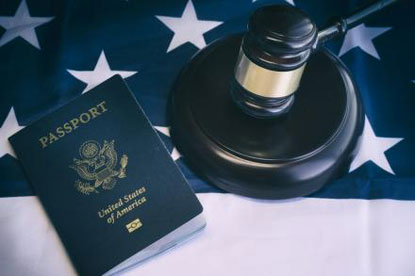
New York City is poised to become a trailblazer in the fight against height- and weight-based discrimination in the workplace, joining a select group of U.S. jurisdictions taking decisive steps to address body-size bias. The newly enacted law, effective Wednesday, not only empowers individuals to pursue private lawsuits against businesses but also facilitates the filing of bias complaints directly through the city’s civil rights agency. This groundbreaking move is expected to provide crucial protection to individuals who have long endured discrimination based on their body size, a struggle that extends beyond the workplace.
Body-Size Protections: A Comprehensive Approach
The scope of the New York weight and height protections extends beyond the workplace, encompassing discrimination in housing and places of public accommodation. This comprehensive approach reflects a commitment to fostering a more inclusive environment for individuals facing body size bias. According to Tigress Osborn, Executive Director of the National Association to Advance Fat Acceptance (NAAFA), New York’s symbolic importance as a global city makes it a source of inspiration for policymakers worldwide contemplating similar legislation.
Want to know if you’re earning what you deserve? Find out with LawCrossing’s salary surveys.
National Landscape and Future Prospects
While Michigan is currently the only U.S. state explicitly naming weight or height in its anti-discrimination laws, several cities, including Binghamton, N.Y.; Madison, Wis.; Santa Cruz, Calif.; San Francisco; and Urbana, Ill., have taken steps to cover these traits. Washington, D.C., has a broader ban on discrimination based on “personal appearance.” The passage of body-size bias protections in New York City is anticipated to catalyze similar initiatives in other U.S. cities and states, with advocates hopeful for international momentum.
Massachusetts, New Jersey, New York, and Vermont have contemplated statewide bills addressing height and weight discrimination, setting the stage for potential legislative developments in 2024. The National Association to Advance Fat Acceptance (NAAFA) collaborates with Fat Legal Advocacy, Rights & Education (FLARE) on the Campaign for Size Freedom, advocating for model legislation to be considered by policymakers.
Navigating Legal Challenges: Indirect Protections and Unique Standards
Historically, workers pursuing size-related bias claims often had to link discrimination to another protected category, such as physical impairment under the Americans with Disabilities Act. The New York City law now provides a direct avenue for such claims, eliminating the need for indirect connections. Amanda Blair, a New York employment lawyer with Fisher & Phillips LLP, believes this approach will simplify the process for individuals seeking recourse.
In contrast to other protected categories, defending against height or weight bias claims introduces unique legal challenges for employers. Comparisons between mistreated and better-treated employees become intricate, as employers typically do not maintain statistics on an employee’s height or weight. However, the New York City law offers an affirmative defense for employers, allowing them to justify employment decisions in roles where height or weight directly impacts an employee’s ability to perform essential job functions safely.
Defining Exemptions and Fostering Inclusive Environments
The New York City law acknowledges the potential need for exemptions in certain occupations where a person’s height or weight could hinder job performance. The city’s Commission on Human Rights is tasked with formulating regulations outlining these exemptions. Advocates, however, emphasize that any exceptions will be narrowly construed.
Despite potential exceptions, the hope among advocates is that the law will prompt industries to rethink the necessity of such exemptions, promoting more inclusive workplaces and public spaces. Eve I. Klein, a New York attorney with Duane Morris LLP, underscores that even with specific exceptions, the law encourages a broader conversation about fostering environments that work for everyone.
Don’t be a silent ninja! Let us know your thoughts in the comment section below.














































